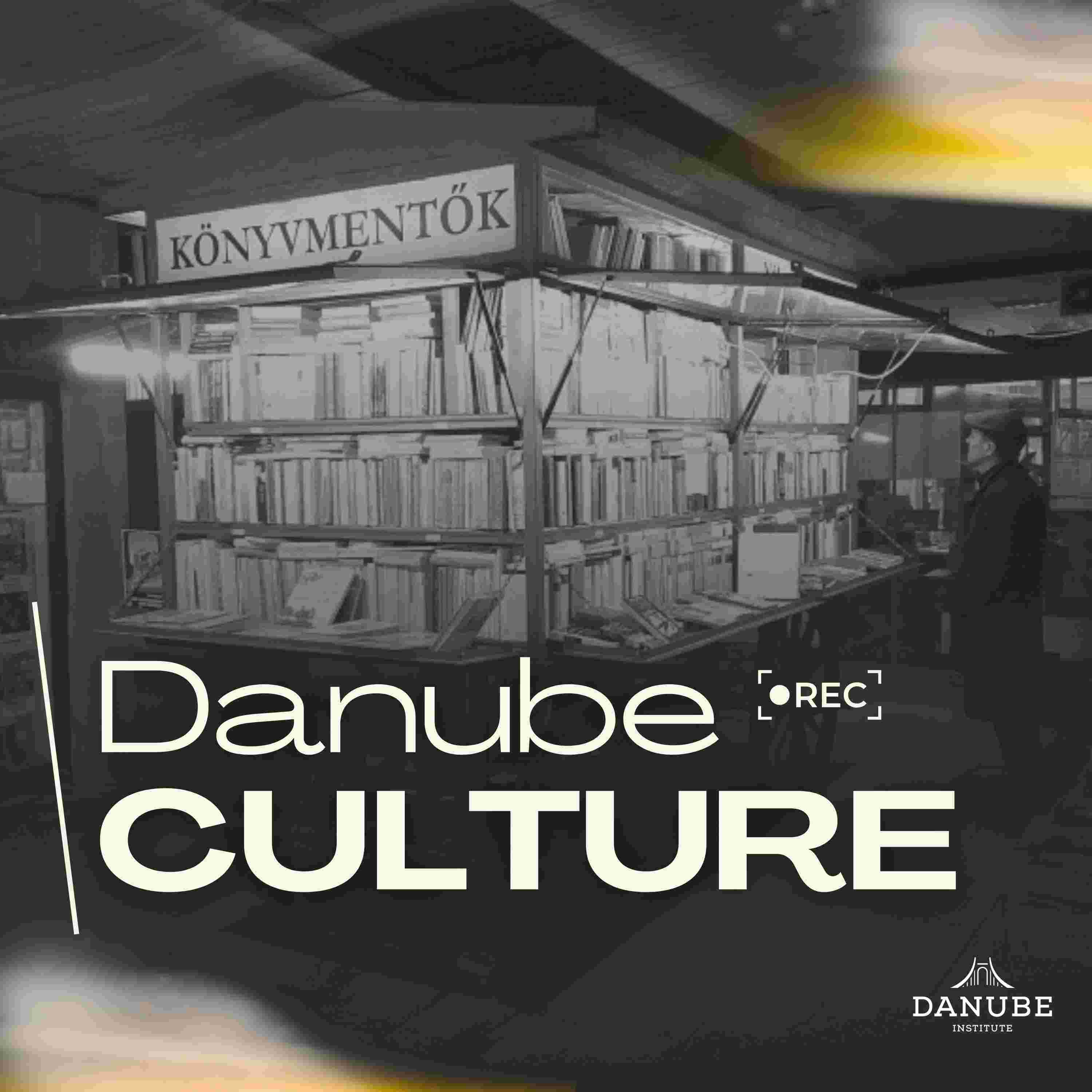

Since 1990, every July, across the Carpathian basin, from Sopron to Szeged, from Kaposvar to Koloszvar, Hungarians pile into friends' cars, or slow trains, and set out on a long journey East. From Budapest itself, the Hungarian capital, they will travel more than 800 kilometres.
Actually, it is less a journey, and more like a pilgrimage. And it is one that will take them ‘across the forest’ - Trans-Sylvania - and deep into the wooded, winding, and rather uncanny valleys of the Eastern Carpathians in Romania. But for Hungarians, while this is to enter another state, it is also to enter a world by a different name: Nagy Magyarorzsag - greater or historic Hungary.
For these distant, green valleys are the home of a Hungarian minority known as the Szekelys. Around two million of them still live in what was, until 1919, Hungarian soil.
They go to take part in Tusvanyos. Or to give it its full title, is the Balvanyosi Summer Free University and Student Camp. This year was the 34th Tusvanyos.
To foreign eyes, Tusvanyos is an unusual hybrid: part literary and cultural festival, with panel discussions running all day, and part music and drinking festival in the evening, all enclosed by a fence to keep the 25-30 000 attendees off the menu for the bears that prowl the woods around the site.
But it is also a political rally of sorts. On the last day, one bear always breaches the fence: Viktor Orbán, the Hungarian PM arrives to deliver what amounts to his ‘State of the Nation’ address, to a crowd of ten thousand.
Despite its remoteness, and indeed despite being held in another country, Tusvanyos is perhaps the most significant fixture in the calendar in the life of Hungary’s conservative political establishment.
How did such an odd hybrid come to be? Answering that means going back: to the chaotic early 90s freedom era. To the heady days of the ‘rendszervaltas’ – the ‘system change’ or the ‘regime change’ – that came with the end of communism in 1990.
It’s a surprising story - of a revolution, a young activist from Hungary, a British writer, and the strange afterlife of young dreams.
In 1989, Zsolt Nemeth was mid-20s, and nine weeks before an election where he’d become a member of parliament.
David Campanale was also that age, an English journalist, working for the BBC in Eastern Europe, covering the fall of the Iron Curtain and what came after.
In this episode of Danube Culture, they explain to Research Director Calum Nicholson how the festival was born out of a strange ragged road trip into Romania, as the embers of Communism still smouldered.